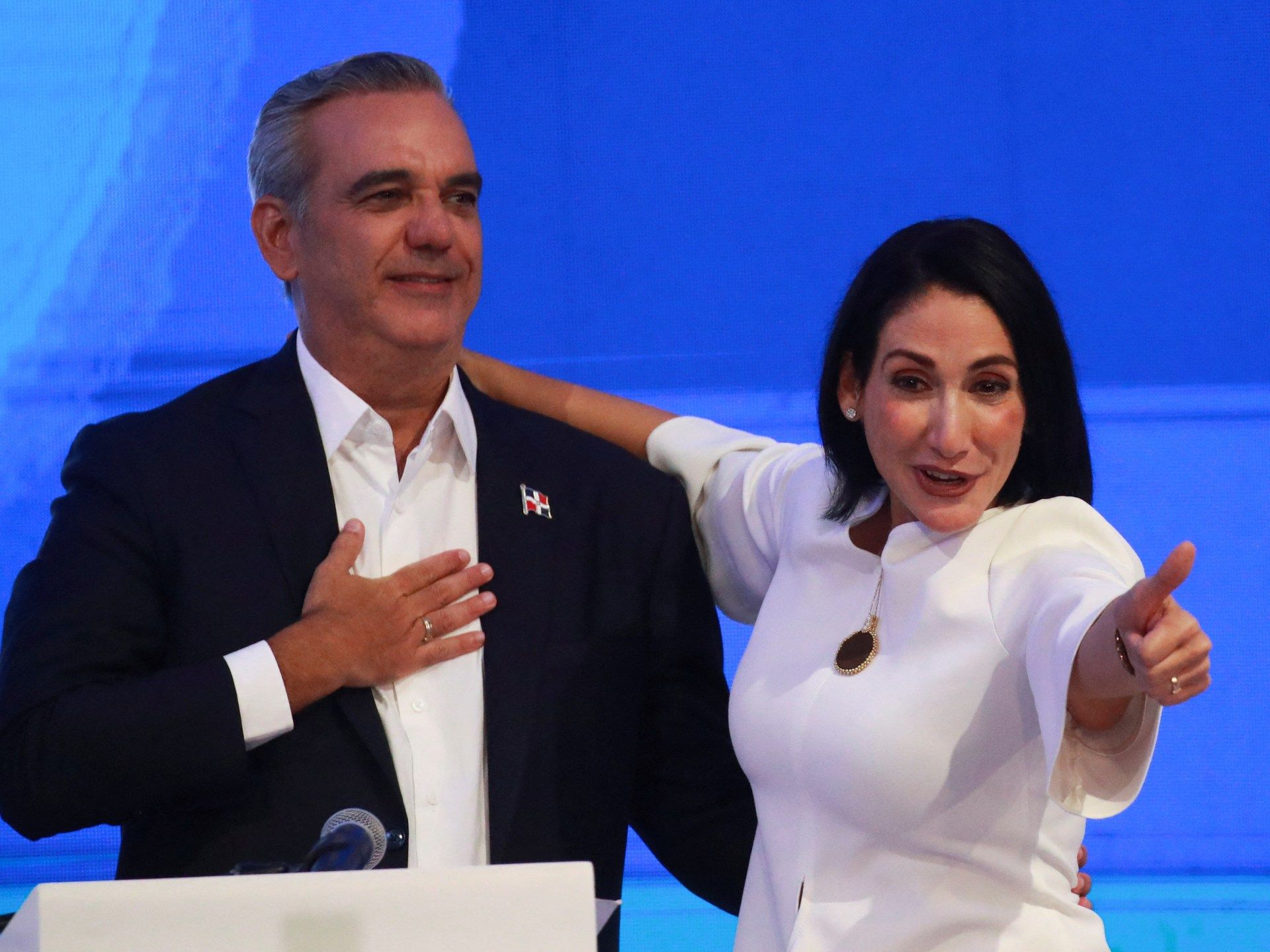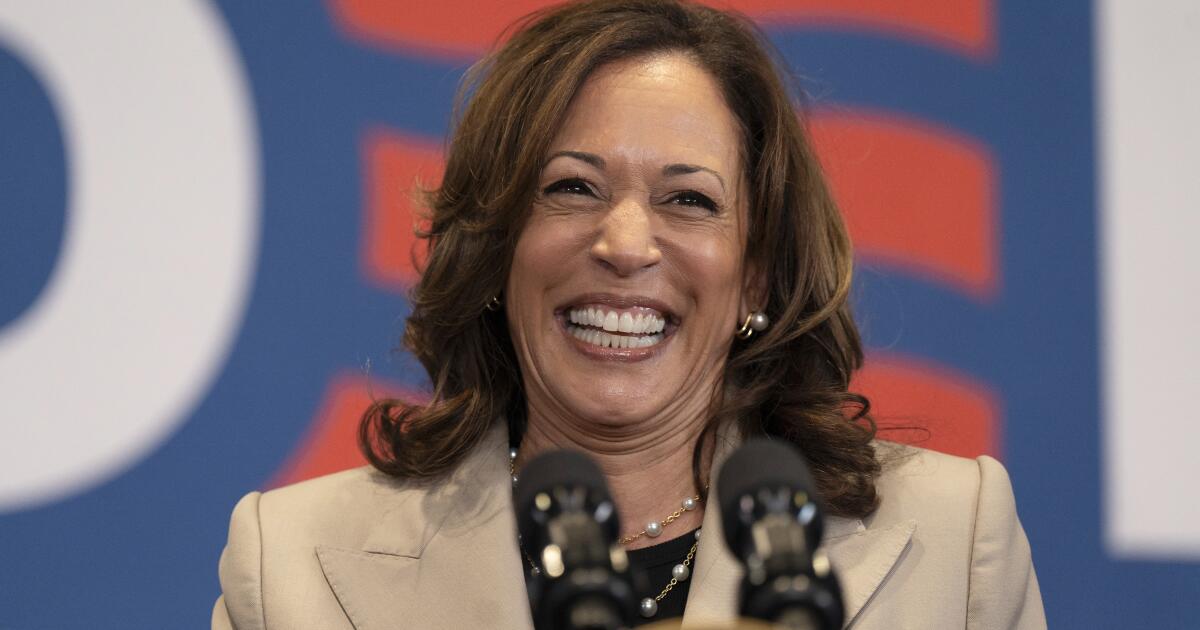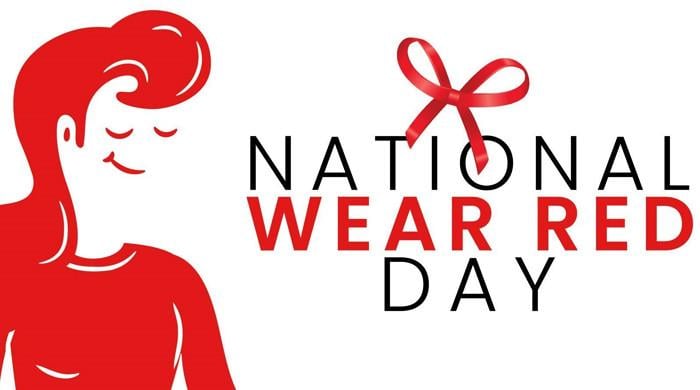The president of the Dominican Republic, Luis Abinader, won a second term in the elections, achieving victory in the first round, according to preliminary results.
The hugely popular president promised unity and impartial leadership as he declared victory after his rivals conceded on Sunday night, having secured a margin large enough to win without needing to go to a runoff.
Abinader's victory appears to be an endorsement of his management of the economy and his harsh policies towards migration from neighboring Haiti.
With just over half of voting centers reporting late Sunday, Abinader won 58.85 percent of the vote. His closest rival, three-time former president Leonel Fernández, obtained 27.29 percent, preliminary data from electoral authorities showed.
While final results were pending, Abinader, 56, had clearly won more than the 50 percent needed to rule out a runoff. That led Fernández and another rival, Abel Martínez, to concede.
“Today our country shines with its own light,” Abinader told his followers at the headquarters of his Modern Revolutionary Party, promising to serve as president for all citizens.
He called for a country “without distinctions, without sectarianism and without partisan colors.”
The re-elected head of state also promised to promote a constitutional reform on the continuity of power that does not depend on the “personal whim” of the sitting president. He promised that he would not run again after completing his second term.
Presidents of the Dominican Republic are restricted to two four-year terms. However, previous reforms have extended presidential terms.
While opposition parties reported a number of small irregularities, voting in the election went largely smoothly.
Many of the eight million voters are still concerned about the electoral authority's decision to suspend the 2020 municipal elections due to a technical problem, causing what appears to be a high voter turnout.
Voters said they were satisfied with the electoral process, according to Luis Fortuno, an international election observer and former governor of Puerto Rico.
“In general, the electoral process was carried out correctly, openly and democratically,” Fortuno said.
Haitian migrants
Abinader, one of Latin America's most popular presidents, had approval ratings of around 70 percent, a CID-Gallup poll in September showed.
The election result reinforced Abinader's key policies, including an anti-corruption agenda and a crackdown along the shared border with Haiti and the expulsion of hundreds of thousands of migrants fleeing the violence-plagued neighbor.
Abinader, an American-trained economist of Lebanese descent, was elected during the COVID pandemic in 2020 on a promise to restore trust in the government after several high-profile corruption scandals involving public officials in the top tourist destination. .
Once in office, he began building a 164-kilometer (102-mile) concrete wall along the border with Haiti to keep out undocumented immigrants. In 2023, he deported more than 250,000 immigrants, despite international pressure for the country to take in more refugees.
Voter Willy Soto, 21, was in the crowd outside Abinader's campaign headquarters. He expressed his approval of the repression against immigrants.
Although he claims to know “the policies against [Haitians] “They are very strict,” he told The Associated Press news agency that the measures the president has taken are important to guarantee the safety of Dominicans like him.
“This is not a problem that is solved overnight,” Soto said. “The policies that he has implemented, how he has repressed, closed the border and built a wall, I feel that it is a good initiative to control the problem of Haitian migration.”
Another voter, Javier Taveras, 38, told the AFP news agency that he “likes the current position of maintaining sovereignty,” although not “the abuses against our Haitian brothers.” As for the border wall, “I don't know how effective it will be,” he said.
While the immigration policy is popular among Dominicans, it has drawn strong criticism from human rights groups who call it racist and a violation of international law.












